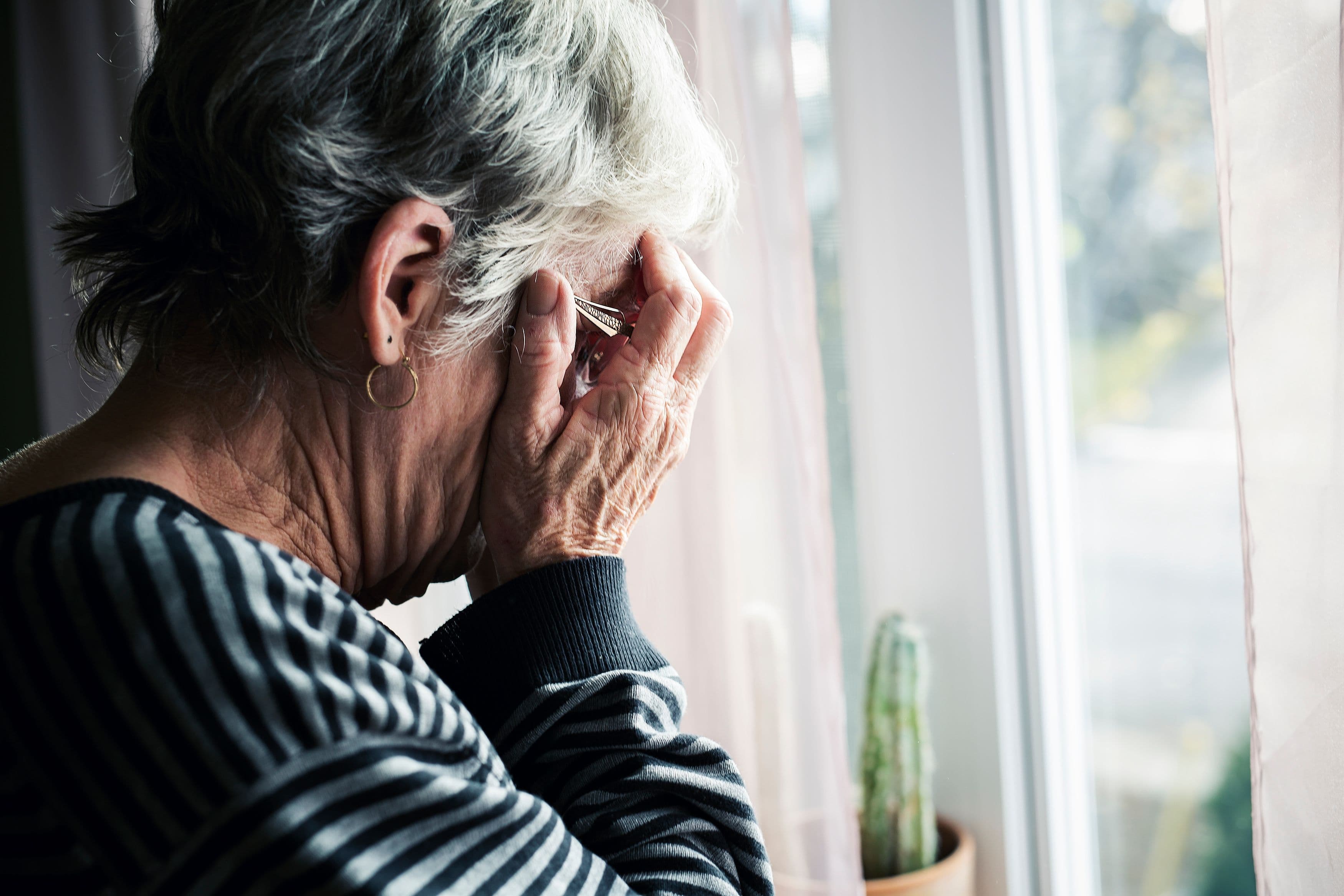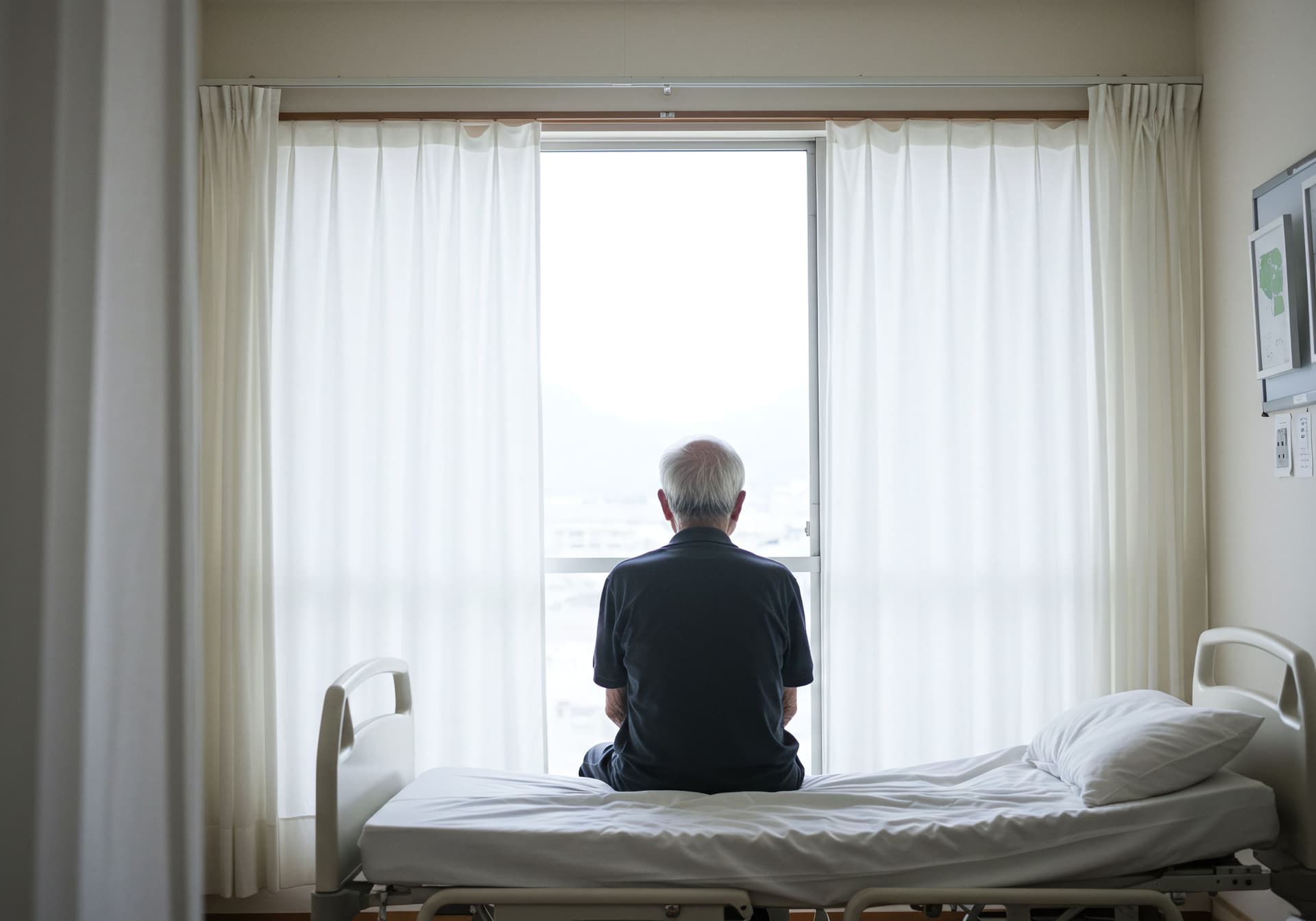
Nursing home abuse and neglect put vulnerable residents at serious risk, leading to malnutrition, dehydration, infections, and preventable injuries. When facilities fail to provide adequate care, residents suffer, and families are left feeling helpless. Lack of supervision, improper medical treatment, and unsafe conditions can result in devastating harm. Understanding the warning signs, knowing your legal rights, and holding negligent facilities accountable are crucial steps in protecting your loved ones. Learn how to take action and seek justice.
May 15, 2025
3 min
In nursing homes across the country, one of the clearest and most tragic indicators of neglect is the development of bedsores—also known as pressure ulcers or decubitus ulcers. These painful skin and tissue injuries form when a resident remains in one position for too long without relief, especially in bony areas like the heels, hips, lower back, and shoulders.
For many residents, especially those with limited mobility, the simple act of turning or repositioning every few hours can mean the difference between safety and serious injury. Yet in far too many facilities, this basic aspect of care is neglected due to understaffing, poor training, or carelessness.
At Michael Hill Trial Law, we view these injuries not just as medical issues but as legal red flags—signs that a vulnerable individual has been failed by those entrusted to protect them.
Bedsores form when constant pressure on the skin restricts blood flow, causing tissue to break down. While they may start as a small red spot or mild discomfort, they can rapidly progress into open wounds, deep infections, and irreversible damage if left untreated.
There are four recognized stages of bedsores:
If left unchecked, these sores can lead to serious complications, including:
These are not mild or inevitable consequences of aging. They are preventable injuries that, when present, raise questions about whether a resident’s basic needs are being met.
Despite their serious nature, bedsores are almost always preventable with proper care. Key prevention measures include:
Bedsores become a problem when these preventative steps are skipped—often due to facility-wide negligence. Some of the most common causes we encounter include:
When too few caregivers are responsible for too many residents, essential tasks like turning and bathing residents may be skipped entirely. Overworked staff may prioritize emergencies over basic care, leading to deterioration that goes unnoticed until it's too late.
Many nursing assistants lack proper education on pressure ulcer prevention. Without the right skills or supervision, early symptoms may be overlooked or dismissed.
Nursing homes should have protocols in place to flag high-risk residents and ensure routine skin assessments. When systems fail, so does accountability.
Communication between nurses, aides, and physicians is essential. A resident’s changing condition must be documented and acted upon. When records are incomplete or ignored, injuries occur.

Families are often the first to notice something is wrong. If you see or suspect the following, it's time to ask questions:
Even if a sore is in its early stages, swift medical evaluation is critical. If staff are not forthcoming or if the condition worsens, legal guidance may be necessary.
Under both state and federal law, nursing homes have a duty of care to protect residents from avoidable injuries. Bedsores, when they result from neglect, are a breach of that duty. Facilities can be held legally accountable if they:
At Michael Hill Trial Law, we thoroughly investigate each case, reviewing:
We fight to expose the truth and hold negligent parties responsible.
If a loved one has suffered from preventable bedsores, you may be entitled to compensation for:
Each case is unique, and we approach every client with the respect and attention their situation deserves.
Elder neglect is not just a legal issue—it’s a moral one. Our team at Michael Hill Trial Law is committed to holding nursing homes accountable and ensuring that every resident receives the safe, dignified care they are entitled to.
If your loved one has developed bedsores in a nursing home, don’t let the facility offer excuses. Let us help you uncover what went wrong—and take action to protect your family and others from the same fate.
📞 Contact us today to schedule a confidential, no-obligation consultation.